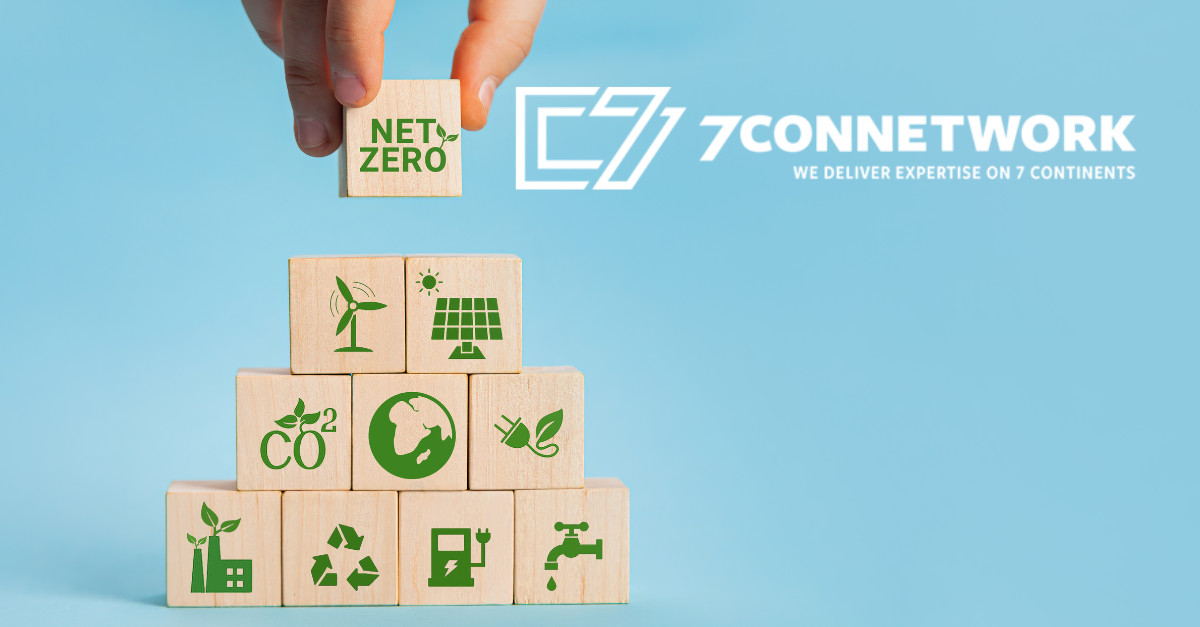What is the EU ETS?
Initially created to target emissions from stationary sources, the EU ETS is now expanding to the maritime sector- signaling major changes for shipping lines and freight forwarders.
The EU ETS is a cap-and-trade system that sets a cap on the total amount of CO2 emissions allowed within the system, and then issues allowances to represent the right to emit a certain amount of CO2. Companies subject to the system can trade these allowances- incentivizing emissions reduction.
Fast forward to January 1, 2022, and the EU ETS is now requiring shipping companies operating in European waters to report and surrender emission allowances for their CO2 emissions.

So, what's the potential impact of the EU ETS on shipping lines and freight forwarders?
For Shipping Lines:
This means financial obligations to either purchase emission allowances or invest in emissions-reduction technologies. There could also be increased competition within the industry, as companies that invest in more eco-friendly technologies and practices may gain a competitive edge. Supply chain dynamics and shipping schedules could also be affected, as some shipping lines adjust routes, reduce vessel speeds, or invest in cleaner fuels in order to comply with emission limits.
For Freight Forwarders:
Freight forwarding agents may experience cost considerations if shipping costs increase as a result of the EU ETS. They will also need to assess the risk of working with shipping lines that are less proactive in reducing emissions, and may need to be prepared for shifting customer demands toward environmentally conscious solutions.
Diving deeper on the freight forwarder impact:
-
Cost Considerations: Freight forwarders rely heavily on shipping lines to transport goods. Any increase in shipping costs resulting from the EU ETS could be passed down the supply chain, affecting freight forwarders and their clients.
-
Risk Management: Freight forwarders may need to assess the risk of working with shipping lines that are less proactive in reducing emissions. Companies with poor environmental records may carry reputational and operational risks for forwarders. The easiest way to find out which shipping lines are most active in reducing carbon emissions is to use a booking platform which has filtered out the non-active shipping lines.
-
Shifting Demand: As environmental concerns grow, some customers may seek freight forwarders who can offer more sustainable transport options. Forwarders that can provide eco-friendly solutions may see increased demand. One way forwarders can promote their environmental consciousness is through their network membership with forwarding networks who take an active role in creating sustainable shipping opportunities for their members.
-
Collaborative Opportunities: Freight forwarders can collaborate with shipping lines to develop and implement emissions-reduction strategies. By working together, they can navigate the challenges posed by the EU ETS and other environmental regulations. Furthermore, being part of an environmentally conscious freight forwarder network who collaborates with carriers and tech companies on your behalf can be an easier way to seize collaborative opportunities.

So what now?
The EU ETS offers a range of challenges and opportunities- from the acceleration of the adoption of cleaner technologies, the development of sustainability partnerships, to the ability of companies to differentiate themselves in the market based on their environmental records. Freight forwarders, in particular, can play a key role in helping their clients navigate emissions regulations and ensure compliance.
Navigating ever changing legislation and regulations on top of market swings and unexpected world events makes freight forwarding one of the most challenging jobs in the world. To make it easier on yourself, join 7ConNetwork- a progressive, green forwarding network that can support you in your efforts to build sustainable practices and globally promote your company as eco-friendly.
